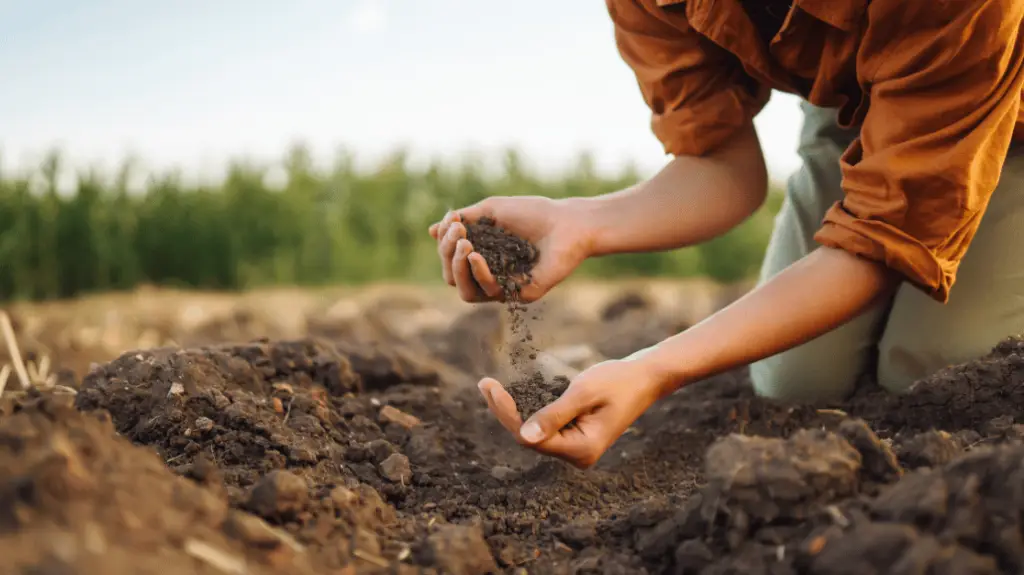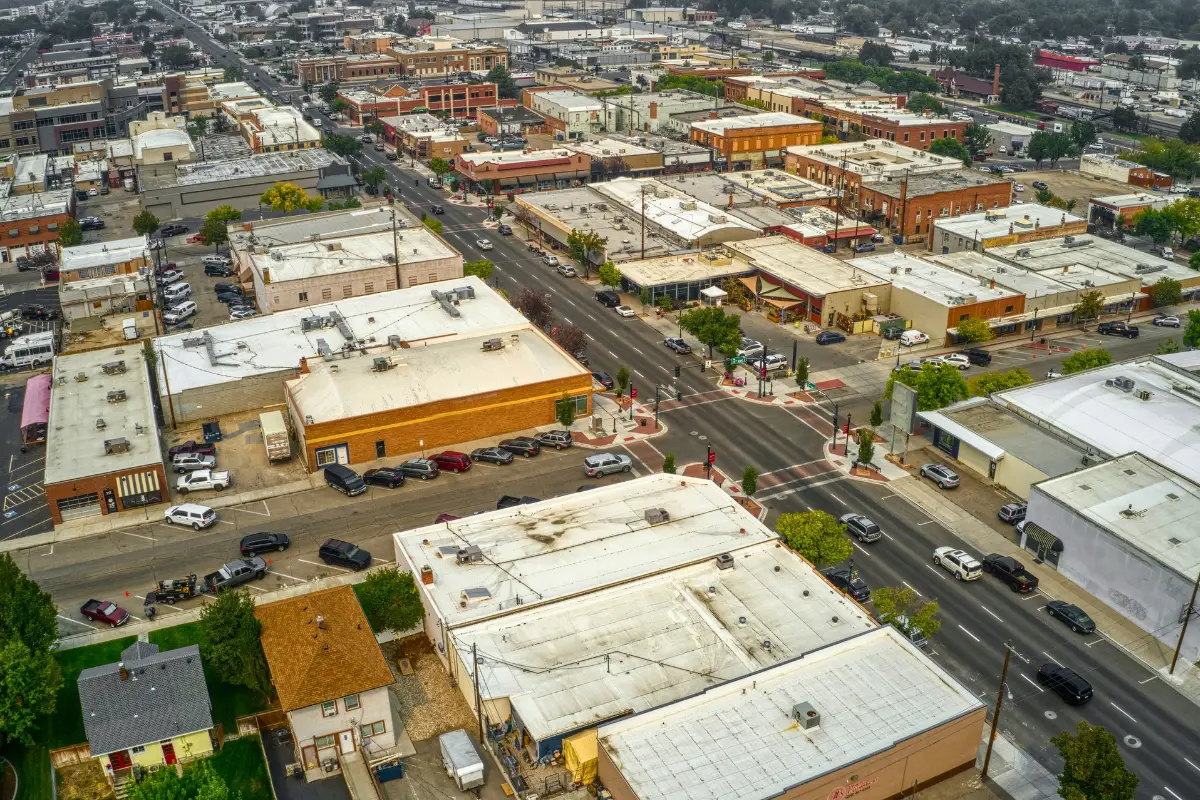Imagine pouring your dreams, energy, and hard-earned money into building your perfect home. You envision cozy evenings by the fireplace, laughter echoing through the rooms, and a safe haven for years to come. But what if the ground beneath your future sanctuary is a silent saboteur, slowly cracking the foundation upon which your dream sits?
That’s where the often-overlooked yet vital step of soil testing comes into play.
Before the first shovel of dirt turns, home builders must understand the composition of your site’s soil. It’s not just dirt; it’s the foundation upon which your entire investment rests. Ignoring soil testing can lead to significant problems, impacting everything from the structural integrity of your home to its long-term comfort and value.
So, what exactly does soil testing entail during land development, and why is it so important?
Unearthing the Secrets Beneath Your Feet: What Soil Testing Reveals
Soil isn’t a uniform substance. It’s a complex mixture of minerals, organic matter, water, and air. The proportions of these components vary significantly from one location to another in Treasure Valley, and even within the same building lot. A professional soil test analyzes these elements, providing invaluable insights into the soil’s properties, including:
- Soil Type: We often see a mix of silt, sand, and clay in the Boise area, sometimes with layers of gravel. Understanding the dominant type on your specific lot is vital. For instance, the expansive nature of some clay-rich soils around the valley can put significant stress on foundations with seasonal moisture changes.
- Bearing Capacity: This refers to the soil’s ability to support the weight of your future home. Different soil types have different bearing capacities. Knowing this ensures your foundation is designed to distribute the load effectively, preventing settling and cracking.
- Drainage Properties: How well does water drain through the soil? Areas with higher clay content might experience slower drainage, potentially leading to water issues around your foundation, especially during our spring runoff. Conversely, sandier soils might drain too quickly, potentially affecting landscaping and requiring different foundation considerations.
- Soil Chemistry (pH Level): The acidity or alkalinity of our local soil can impact the longevity of concrete foundations. While generally within a reasonable range, a test ensures no surprises that could lead to premature degradation.
- Presence of Contaminants: While less common in newer Treasure Valley developments, soil testing can uncover past land uses that might have left behind contaminants. This is a crucial step for the health and safety of your family, ensuring any issues are addressed before building begins in our beautiful city.
- Organic Matter Content: While organic matter is beneficial for plant growth, excessive amounts in the soil beneath your foundation can lead to decomposition and settlement issues over time.
The Price of Neglect: Consequences of Skipping Soil Testing
Thinking about saving a few bucks by skipping soil testing? Think again. The potential costs and headaches down the road can far outweigh the relatively minor expense of a professional soil investigation. Here’s what you risk by building without knowing what’s beneath the soil’s surface:
- Foundation Problems: This is perhaps the most significant risk. Building on unstable or improperly understood soil can lead to foundation settlement, cracking, and shifting. Imagine dealing with sticking doors in the dry Boise summers or cracks appearing after a wet spring — all potentially linked to foundation issues. Repairs can be incredibly costly and disruptive.
- Drainage Issues: Without understanding the soil’s drainage properties, you could end up with a perpetually damp basement or crawl space. This can lead to mold and mildew growth, affecting indoor air quality and potentially causing health problems. Water damage to your foundation and landscaping is also a significant concern.
- Landscaping Challenges: The type of soil you have will significantly impact what kind of plants can thrive on your property. Knowing the soil composition allows you to plan your landscaping effectively, avoiding the frustration of planting species that are ill-suited to the environment.
- Increased Construction Costs: If soil issues are discovered during construction, it can lead to costly delays and changes to the foundation design. Addressing these problems proactively through soil testing is far more economical than reacting to them mid-build.
- Reduced Home Value: A home with a history of foundation problems or drainage issues will likely have a lower resale value. Potential buyers will be wary of these costly and stressful issues.
Investing in Peace of Mind: The Soil Testing Process
The process of soil testing is relatively straightforward no matter where you live. Here are the key steps in soil testing:
- Hiring a Qualified Professional: Hire a local geotechnical engineer or soil testing company familiar with the Treasure Valley’s soil conditions. They have the expertise and equipment to collect representative soil samples and conduct accurate analyses.
- Sample Collection: The professionals will typically collect samples from various locations and depths across your building site for soil analysis. This ensures a comprehensive understanding of the soil conditions.
- Laboratory Analysis: The collected samples are sent to a certified laboratory for detailed testing and analysis. This process identifies the soil type, bearing capacity, drainage characteristics, pH level, and the presence of any contaminants.
- Report & Recommendations: You’ll receive a detailed report outlining the soil test results. This report will also include recommendations for the appropriate foundation design and any necessary soil remediation measures.
Partnering with Pleasant View Construction: Building on Solid Ground
At Pleasant View Construction, we’re proud to build quality homes right here in Treasure Valley. We understand that a strong and stable home begins with a thorough understanding of the ground beneath it. That’s why we prioritize soil testing as an essential first step in our building process. We work with trusted professionals to ensure that your foundation is designed and built to withstand the specific soil conditions of your property.
We’ll walk you through the soil testing process, explain the findings in clear and understandable terms, and ensure that you feel confident in the stability and longevity of your new home.
Investing in soil testing isn’t just an expense; it’s an investment in the future security, comfort, and value of your home. It’s about laying a solid foundation, both literally and figuratively, for the life you plan to build within its walls. Don’t leave this crucial step to chance. Contact Pleasant View Construction today, and let’s build your dream home on ground you can trust.



